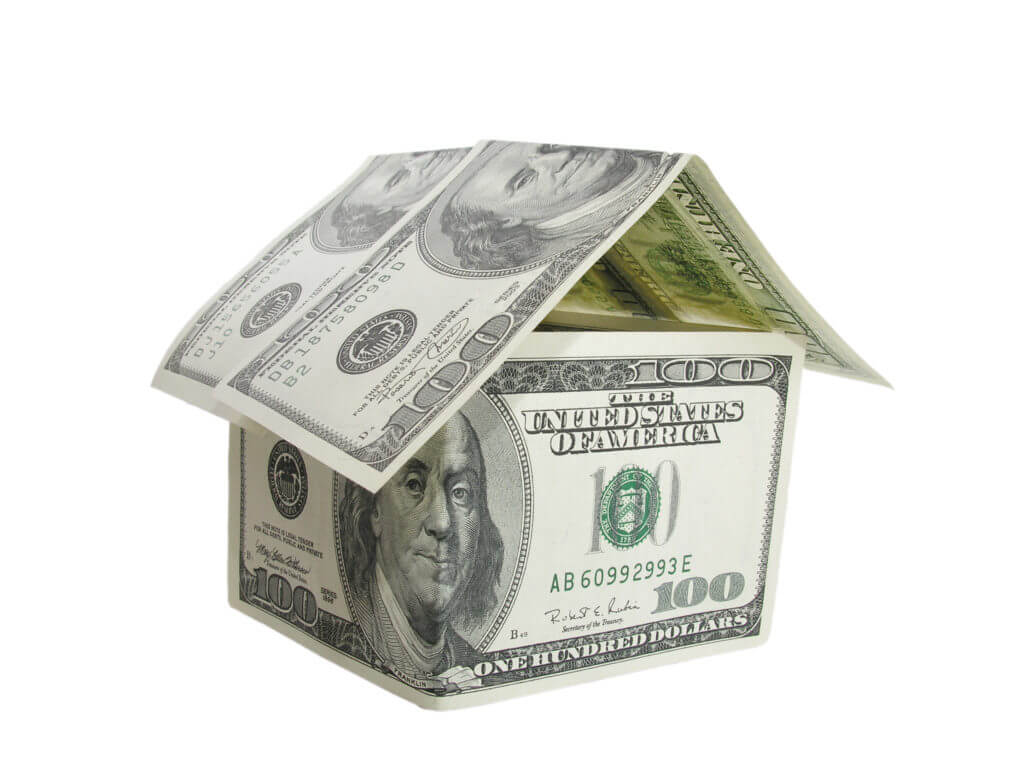Types of investment properties and what they can mean for your wallet

Investment properties can come in all shapes and sizes. My two favorite options are investing in a property that needs work to flip or investing in an income-producing property. Very different approaches, each with its own risks.
Flipping homes is a full time job. First you need to find a property in enough distress that it’s for sale well below value but not in so much distress that you are going to have to invest too much time and material in it to make your money back. Unless you have the skill set for larger-ticket items, you might want to avoid homes with major structural damage or ones in need of a septic system. These don’t typically raise the value of a home because they are considered something that should come standard. However, a home with a failed septic system will certainly be worth less, but only less the amount of a new system.
Cosmetic work can be done for a lower cost and raise a house’s value. Investors have to make sure they don’t go too high-end on the work, however, and find they cannot recoup the cost of the work in the resale. This is a very hands-on way of investing and much shorter term. If you are capable of doing the work instead of hiring contractors you will have greater success at this. Keep in mind buyers will get home inspections, so if you are not a plumber or a roofer, doing those and doing them wrong will cost you in the long run.
Another popular investment is purchasing a multifamily home and renting the units—or even living in one of the units and renting the others. Veterans with VA loans can even purchase a multifamily home to live in for zero percent down, and if the income potential is enough they could virtually have no mortgage payment. Other buyers will need between 3.5 and 20 percent down depending on the bank and what they intend to use the property for. Typically you can get a lower percentage down loan if you plan to live in one of the units, though there is a cap on how many units the property can have.
This option is more of a long-term investment: the rents pay the mortgage and hopefully a little more, and once the mortgage is paid, it’s purely passive income. With this kind of investment you also have the option to hire a property manager and be as hands-off as you want to be. Or you can do it all yourself.
Good luck with your property search this spring, and I hope you find the investment of your dreams!
